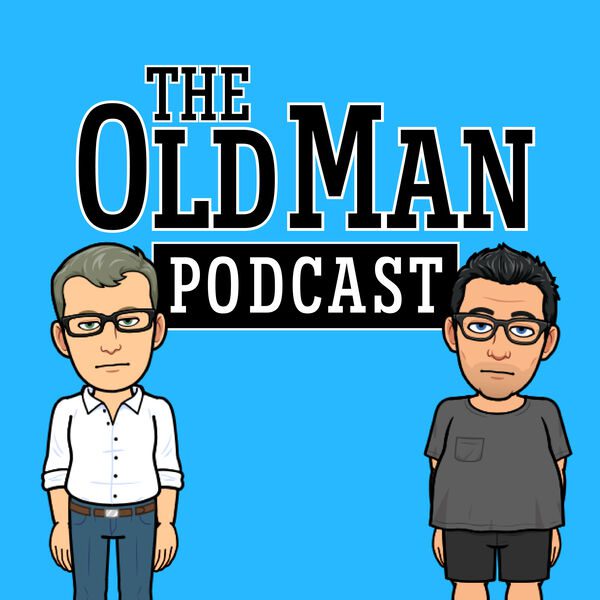What your story is and isn’t – and why it matters a lot
The word “story” gets thrown around a lot, especially in the Parkinson’s community. Every major organization seems to have a place on their website asking you to submit your story. But what does that really mean? Is it about the day you were diagnosed? The way your doctor treated—or mistreated—you? Or is it simply a string of facts? Something like:
“I noticed a tremor. I got a diagnosis. It flattened me. I started carbidopa. It helped. I went to an Exercise class. Now I'm…fine.”

If that feels familiar, it’s because many of us approach storytelling this way. But stories like this, while honest, often fall flat. They fail to resonate because they don’t go beyond the surface. Great stories are clear and engaging. They elevate the mundane facts of life, using aesthetic distance, metaphor and mythical action to illuminate and amplify the way people feel. The facts, alone, often appear dry, external and even lifeless. It’s no wonder some doctors, lawyers, and even community leaders say, “Don’t tell me your story.” Why? Because stories like the one above don’t offer anything new or compelling. Taking a “just the facts ma'am” followed by “we'll take it from here” approach is dehumaninzing to the person experiencing something none of us fully understand.
If the adage “When you’ve met one person with Parkinson’s, you’ve met one person with Parkinson’s” holds true, then why do so many personal accounts sound the same? The answer is simple: most people don’t know what makes a story engaging.
What Makes a Story Great?
To craft a truly engaging story, it needs more than a timeline of events. It requires:
A main character we like or relate to.
A clear problem that’s urgent and deeply personal.
Obstacles that seem insurmountable.
A struggle so profound it feels like everything is at stake.
Moments of resilience, recovery, and transformation.
This is the stuff that makes a story memorable—and powerful. It’s what connects us, moves us, and inspires us.
The Clinical Perspective: Why Stories Matter
Dr. Rita Charon, the creator of Narrative Medicine, offers a different perspective on storytelling. During her clinical visits, she begins by saying, “I need to know a lot about your body, your health, your life. Tell me what you think I should know about your situation.”
Notice she doesn’t ask for “your story.” Why? Because in a clinical setting, doctors are often pressed for time. Asking for a checklist of facts might seem efficient, but it’s a missed opportunity. When we reduce our experiences to bullet points, we risk leaving out the details that matter most—details that could lead to better understanding, diagnoses, and care.
Why Stories Are Vital
So, what is a story? It’s not just a collection of facts or a form of Entertainment. Stories are hardwired into us, a neurological blueprint forged over thousands of years. They were passed down for survival, to build communities, and to help us overcome adversity.
Stories connect us. They teach us. They make us feel seen, heard and that we matter.
When you share your story—your real, messy, human story—you create the opportunity for others to understand and relate to you on a deeper level. And in a world where understanding is often the first step toward change, your story becomes more than just words. It becomes a tool for building better lives.
The bottom line: Better stories lead to better understanding. And better understanding leads to better lives. So, take the time to craft your story with care. It matters more than you think.
Check out our Cinema Therapy classes for more information on how you can learn to tell your whole, engaging story that will delight others and uplift you.
























